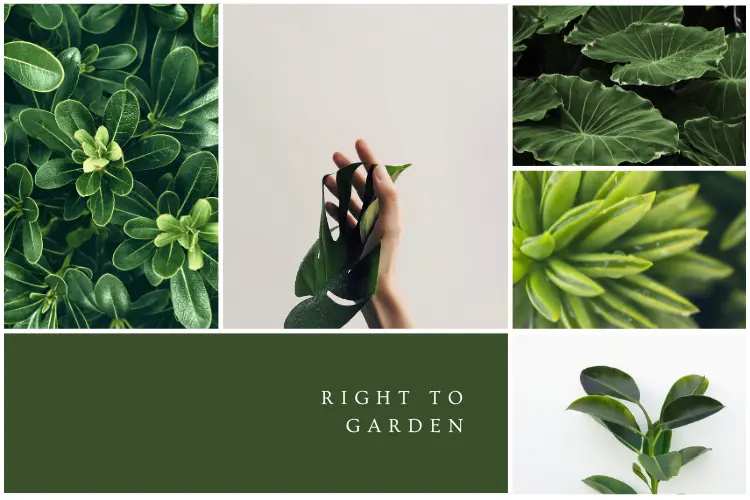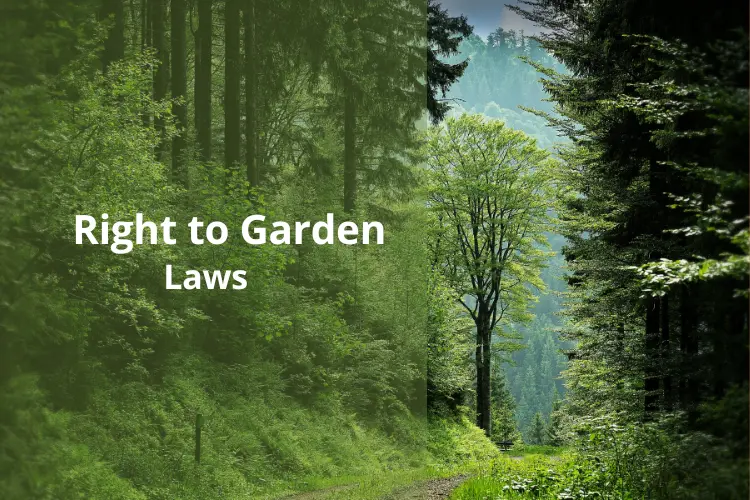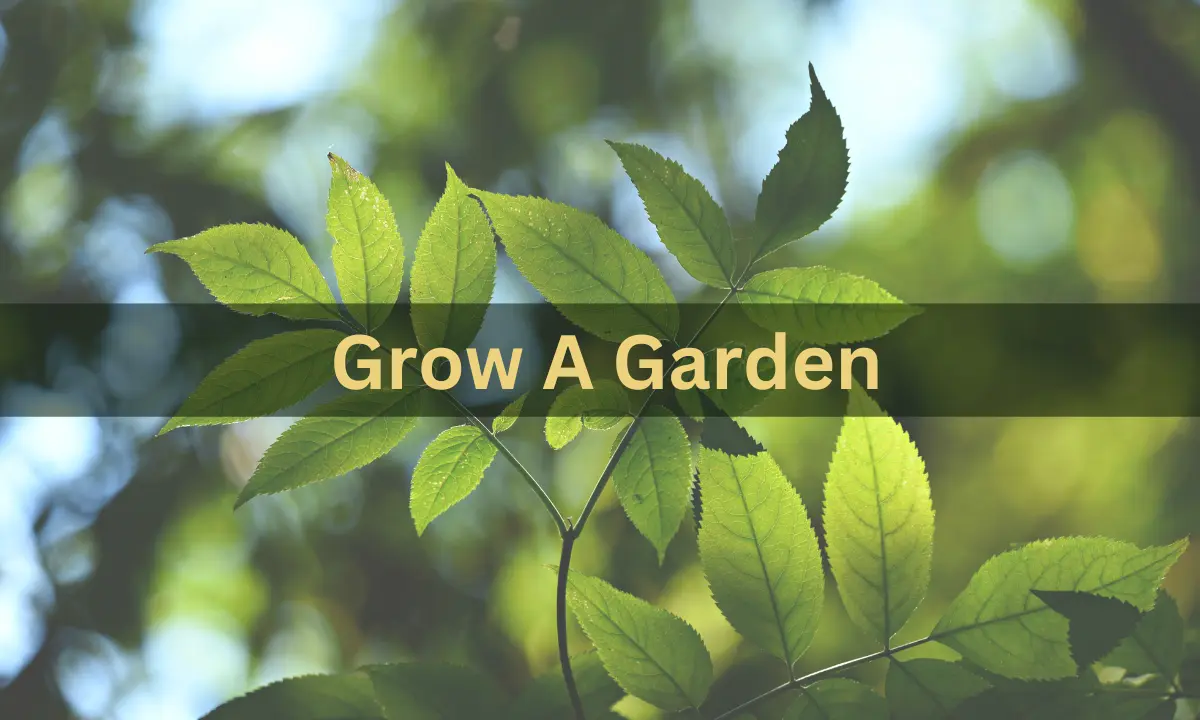What States Is It Illegal To Grow A Garden?
While some states have complex garden regulations and HOAs might impose restrictions, no state in the US completely outlaws personal gardens.
Research local rules before planting, and remember some states even have “Right to Garden” laws! Happy growing!
The image of a vibrant backyard garden overflowing with juicy tomatoes and fragrant herbs is etched into the American dream.
But what if that idyllic vision was illegal? Surprisingly, while no state entirely outlaws personal gardens, navigating the patchwork of local regulations and private restrictions can feel like tiptoeing through a legal minefield.
So, before you break ground on your green oasis, let’s unearth the truth about where gardening might be more complex than planting a seed.
State of Affairs: Navigating the Legal Landscape
The good news is that no state in the U.S. has a blanket ban on personal gardens.
However, specific regulations and ordinances within towns, cities, and homeowners’ associations (HOAs) can present hurdles.
This means the legality of your backyard bounty can hinge on your zip code.
Common Culprits: Zoning and Nuisance Laws
Zoning laws control how land is used within a specific area. These can dictate the location and size of your garden or even certain types of plants you’re allowed to grow.
On the other hand, nuisance laws focus on preventing disruptions to neighbors. This could involve restrictions on height, noise, or even pests attracted by your thriving veggies.

Front Yard Faux Pas: The Aesthetics Dilemma
The battle for front-yard gardening freedom is ongoing. While some communities embrace the beauty of edible landscapes, others prioritize manicured lawns.
Be prepared for potential front yard garden visibility regulations, especially in HOA-governed areas.
Water Woes: Arid Climates and Conservation
In states facing water scarcity, restrictions on water usage for landscaping can impact your gardening plans.
Drip irrigation and water-efficient plant choices might become your secret weapons in these regions.
Beyond Borders: Exploring “Right to Garden” Laws
A glimmer of hope shines through in states like Illinois and Florida, which have enacted “Right to Garden” laws.
These protect residents’ right to grow food on their property, even under restrictive local ordinances.

Tips for a Verdant Victory: Research, Respect, and Resourcefulness
Knowledge is your friend before you sow your seeds: research local regulations, HOA rules, and potential water restrictions. Open communication with your neighbors can also build bridges and avoid future conflicts.
Remember, resourcefulness is critical! Opt for vertical gardening solutions, container gardens, or raised beds to maximize space and water efficiency.
Cultivating Change: Advocating for Garden Freedom
If you encounter garden roadblocks, consider joining forces with fellow plant enthusiasts.
Community gardens and advocacy groups are working to break down barriers and promote the right to grow and enjoy fresh, homegrown food.
So, while the legal landscape of gardening might seem complex, don’t let that deter your green thumb.
With research, respect, and resourcefulness, you can cultivate your patch of paradise no matter where you live. Remember, every tomato plucked and every herb snipped is a small victory for garden freedom!
Check related tweet:
Read more: Can Cats Eat Skittles?
Frequently Asked Questions (FAQs)
No, no state entirely bans personal gardens. However, local regulations and HOA rules can dictate what and where you can grow.
Despite local restrictions, states like Illinois and Florida protect residents’ right to grow food on their property.
Zoning laws, nuisance laws, water restrictions, and HOA rules can all impact your gardening plans.
It depends on local rules and HOAs. Some areas allow it, while others might restrict visibility or plant types.
Research local regulations and HOA rules to understand any restrictions. Choose water-efficient plants if you live in an arid region.

